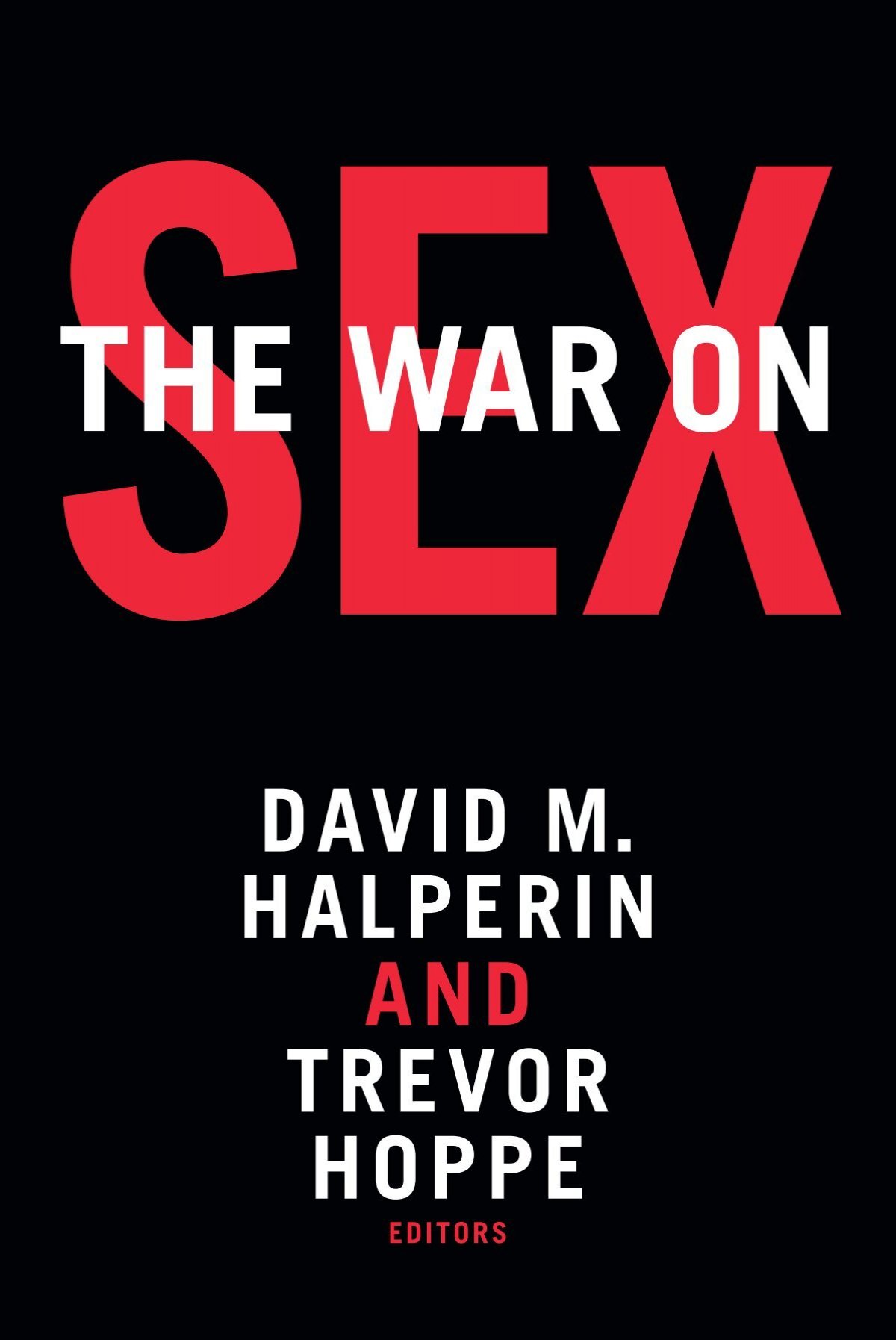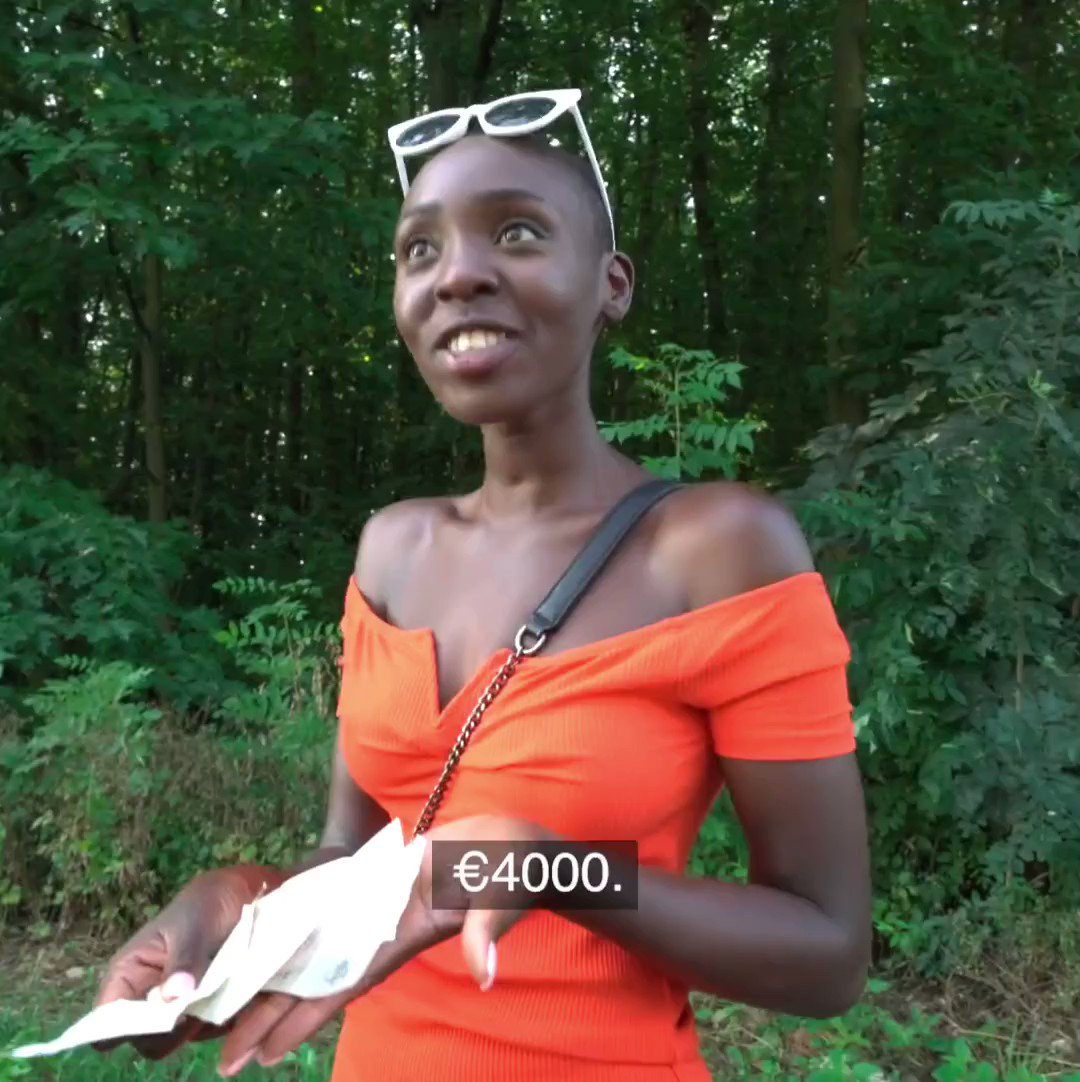Exploring "Türk Sex": Unraveling The Cultural Threads Of Turkic Identity And Connection
Many people, it seems, often look for a deeper understanding of various cultural aspects when they encounter terms like "türk sex." This phrase, as you might imagine, can lead to a lot of curiosity, and perhaps, some confusion too. What exactly does it bring to mind? Well, for some, it might just spark thoughts about the rich history and traditions of Turkic peoples, while others might think about personal relationships within these communities. It is that very breadth of interpretation that makes exploring this topic quite interesting, in a way.
The term "Turk," as a matter of fact, holds a truly vast array of meanings. Its scope, as we can see, goes far beyond just one single idea. Historically, and even in modern times, the word has been used in so many different contexts. This can, you know, sometimes make things a bit unclear for someone just trying to learn more about Turkic cultures and their unique ways of life.
Our journey here, then, is to really look at the varied meanings of "Turk" and how these meanings, perhaps, connect to human relationships and cultural identity among Turkic peoples. We will, in fact, try to peel back the layers, to see what this term might truly represent in a broader sense, moving past any narrow or misleading ideas. It is, basically, about understanding a whole heritage.
Table of Contents
- The Deep Roots of Turkic Identity
- Understanding the Word "Turk": Meanings and Echoes
- Human Connections in Turkic Cultures
- Modern Turkic Presence and Global Dialogue
- Frequently Asked Questions About Turkic Culture
- A Continuing Story of Connection
The Deep Roots of Turkic Identity
The history of Turkic peoples, you know, stretches back for many centuries. Modern historians, for example, often see them as a single, quite unbroken ethnolinguistic group. This group, it is said, first came from the Türks of the Türk Qaghanate. From there, they, in a way, spread across the much wider Eurasian world during different periods. This early origin truly forms the basis of their shared heritage, actually.
From Qaghanate to Eurasia
The Türk Qaghanate, you know, was a very significant early state. Its influence, as a matter of fact, helped shape a huge area. The movement of these early Türks, basically, helped spread their language and customs far and wide. For instance, in the west, between the years 557 and 561, the Hephthalite Empire was, in fact, crushed. This happened through a joint action of the Türks, probably led by Ishtemi, and the Sasanian king, Khusrau I Anushirvan. This historical event, you see, shows just how impactful these early Turkic groups were on the world stage.
A Tapestry of Peoples
Today, Turkic peoples are, in fact, any of various groups whose members speak languages that belong to the Turkic subfamily. This subfamily, it is worth noting, is part of the Altaic family of languages. This means there is a really wide variety of Turkic groups across the globe. Each group, you know, has its own unique customs, traditions, and ways of life. The term "Türkler" or "Türkiye Türkleri," for example, refers to the most numerous Turkic people, who form the majority in Turkey and Northern Cyprus. They speak different dialects of the Turkish language. It is, basically, a very rich and varied collection of cultures.
Understanding the Word "Turk": Meanings and Echoes
The word "Turk" itself, you know, carries a lot of different meanings. Its use, as we have seen, can sometimes cause a bit of confusion. The Oxford English Dictionary, for instance, lists several senses for this word. This shows just how much its meaning has, in a way, shifted and grown over time. It is, perhaps, a word with many layers, truly.
Linguistic Nuances and Historical Usage
The word "Turk," in fact, has a long history in language. Middle English, for example, used "Turkish türk." This compares, too it's almost, to Medieval Latin "turcus." The earliest known use of the name "Türk" accepted by scholars was, as a matter of fact, recorded in the 1st century by the Roman historians Pomponius Mela and Plinius. They, it seems, referred to people living east of Azak as "Turcae/Tyrcae." This really shows how far back the term goes, historically speaking. Turkish, or "türkçe," is the most widely spoken of the Turkic languages, with around 90 million speakers. It is also known as "Türkiye Türkçesi," which means "Turkish of Turkey."
Varied Interpretations and Confusion
The term "Turk" has, in fact, been used in many ways, and some of these uses can be quite different from each other. For instance, it can mean "a person from Turkey." However, it can also, in some historical contexts, mean "a bloodthirsty and savage person, a vandal, a barbarian." This, you know, shows a negative stereotype that, sadly, existed. There is also, too it's almost, another historical meaning: "a homosexual, assuming the active role in anal sex." This specific definition, found in older dictionaries, reflects a very particular and narrow historical usage of the word, which can, naturally, cause confusion when trying to understand the broader cultural context of Turkic peoples. The point is, the word "Turk" has, over time, picked up many different meanings, some of which are, basically, quite far apart. In the 19th century Ottoman Empire, for example, the word "Türk" referred to Anatolian peasants, while the Ottoman ruling class identified themselves as "Ottomans," not as "Turks." This just goes to show the many ways the term has been understood and used.
Human Connections in Turkic Cultures
When we think about Turkic cultures, we, in fact, often think about strong human connections. These connections, you know, are very important to the people. It is, basically, about how people relate to each other in their daily lives. The idea of community and family, for example, really sits at the heart of many Turkic societies. This is, you see, a very central part of their identity.
Family and Community Bonds
Family ties are, in fact, very strong among Turkic peoples. There is, usually, a deep respect for elders and a strong sense of responsibility towards family members. This extends, in a way, beyond the immediate family to the wider community. Neighbors, for example, often support each other, and there is a shared sense of belonging. This focus on collective well-being, naturally, strengthens the social fabric. It is, basically, a culture where people look out for one another.
Hospitality and Social Fabric
Hospitality, you know, is a really important value in Turkic cultures. Welcoming guests, for example, is seen as a great honor. The courtyard, or "avlu," as one text mentions, provides the perfect prelude to an unforgettable dining experience. An "avlu" is more than just a waiting area; it is a place to unwind, socialize, and immerse yourself in the moment. This emphasis on sharing and generosity, as a matter of fact, really helps build strong social bonds. It is, basically, about making everyone feel welcome and valued. This, in some respects, speaks to the very core of how people connect.
Modern Turkic Presence and Global Dialogue
Turkic peoples, it is clear, play a very active role in the world today. Their influence, as a matter of fact, reaches across many different areas. This includes, you know, diplomacy, human rights, and the spread of knowledge. It is, basically, a continuing story of engagement and development.
Organizations and International Figures
The Organization of Turkic States, for example, is a very important body. Its Secretary General, as we know, recently participated in the opening ceremony of the Third United Nations Conference on Landlocked Developing Countries. This shows, in a way, the growing international presence of Turkic nations. We also have, for instance, Volker Türk, who is an Austrian lawyer and a United Nations official. He has, in fact, been the UN High Commissioner for Human Rights since October 2022. While not ethnically Turkic, his name, you know, carries the word "Türk," which highlights the global reach of this term and its various connections. The official website of the Turkic Academy, too it's almost, focuses on the study of the history, culture, and language of the Turkic peoples, and on the development of scientific and educational activities. This, basically, underscores a commitment to preserving and advancing their heritage.
Contemporary Identity and Cultural Exchange
Today, Turkic identity is, in fact, quite dynamic. It combines, you know, deep historical roots with modern global interactions. People can, for example, watch live broadcasts on hundreds of television channels, which connects them to current events and cultural content. The "Türk tarihi kronolojisi," or "chronology of Turkic history," traces the common historical timeline of present-day Turkic peoples and Turkic communities who spoke the Turkic language among foreign peoples, even before the Göktürks. This shows, basically, a continuous thread through time. Türkiye and the world also see the most current news, including breaking stories on politics, sports, current events, magazines, economy, world, and local news. This keeps people informed and connected to their heritage and the wider world, naturally. Learn more about Turkic history on our site, and for more cultural insights, you might like to visit this page.
Frequently Asked Questions About Turkic Culture
People often have questions about Turkic cultures, and that is, you know, very natural. Here are a few common ones that might come up, perhaps, when thinking about terms like "türk sex" and the broader cultural context.
What is the primary origin of Turkic peoples?
Well, modern historians, for example, tend to view the Turks as a single, unbroken ethnolinguistic entity. This group, as a matter of fact, originated from the Türks of the Türk Qaghanate and, in a way, spread to the wider Eurasian world during different periods. This is, basically, where their long history begins.
How diverse are Turkic languages?
Turkic languages, you know, are quite diverse. They belong to the Turkic subfamily of the Altaic family of languages. Turkish, or "türkçe," is the most widely spoken, with around 90 million speakers. However, there are many other Turkic languages spoken by various peoples. It is, basically, a very rich linguistic family.
What are some key cultural values in Turkic societies?
Hospitality, for example, is a very important value. Strong family bonds are also, you know, very central. There is often a deep respect for elders and a strong sense of community. These values, in a way, really shape daily life and human connections within Turkic societies. It is, basically, about warmth and togetherness.
A Continuing Story of Connection
The term "türk sex," as we have explored, truly opens up a conversation about much more than just a simple phrase. It is, in fact, a doorway to understanding the rich, complex history and diverse cultures of Turkic peoples. From their ancient origins in the Türk Qaghanate to their modern presence on the global stage, Turkic identity is, in a way, shaped by language, tradition, and very strong human connections. The various meanings of the word "Turk" itself, including some historical usages, show how language can, you know, carry many layers of meaning. This journey into their heritage helps us, basically, appreciate the depth of their contributions and the warmth of their social fabric. For more information, you might visit the official website of the Turkic Academy, which, as a matter of fact, works to promote the study of Turkic history, culture, and language.

SEX

𝙎𝙚𝙭_𝙥𝙡𝙚𝙯𝙚_4....🦋 on Twitter: " বাগানি @black_dream_05"
![++[SEX~VIDEOS~XNXX] XXXX United States College G - Download Free 3D](https://media.sketchfab.com/models/843c550a3adc42f0bb8630fcc336e30e/thumbnails/793d61d54b674baca9d170ccc2ee662b/8d99d49f9f064cbaacf8ed96eab115d5.jpeg)
++[SEX~VIDEOS~XNXX] XXXX United States College G - Download Free 3D